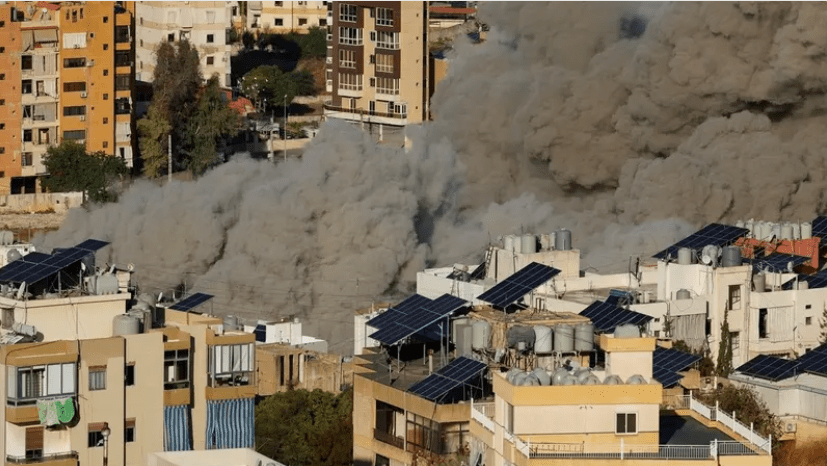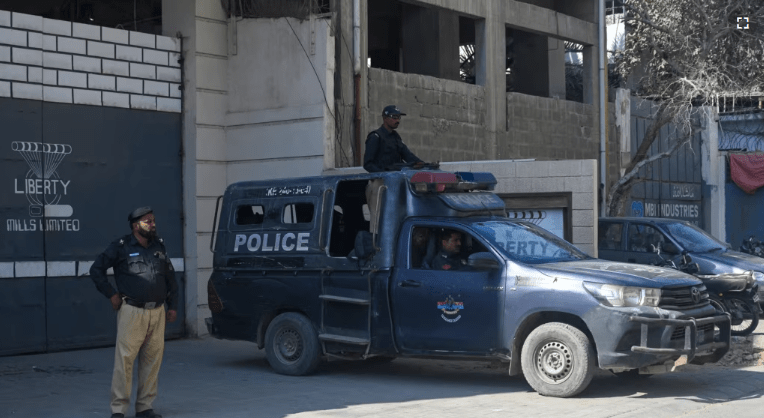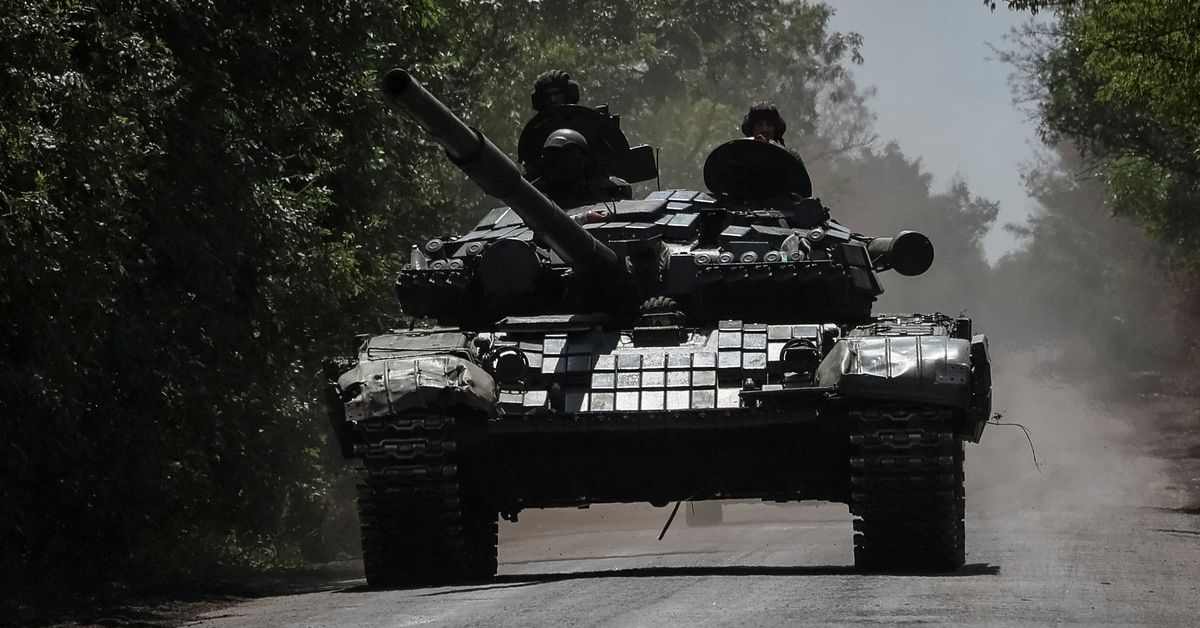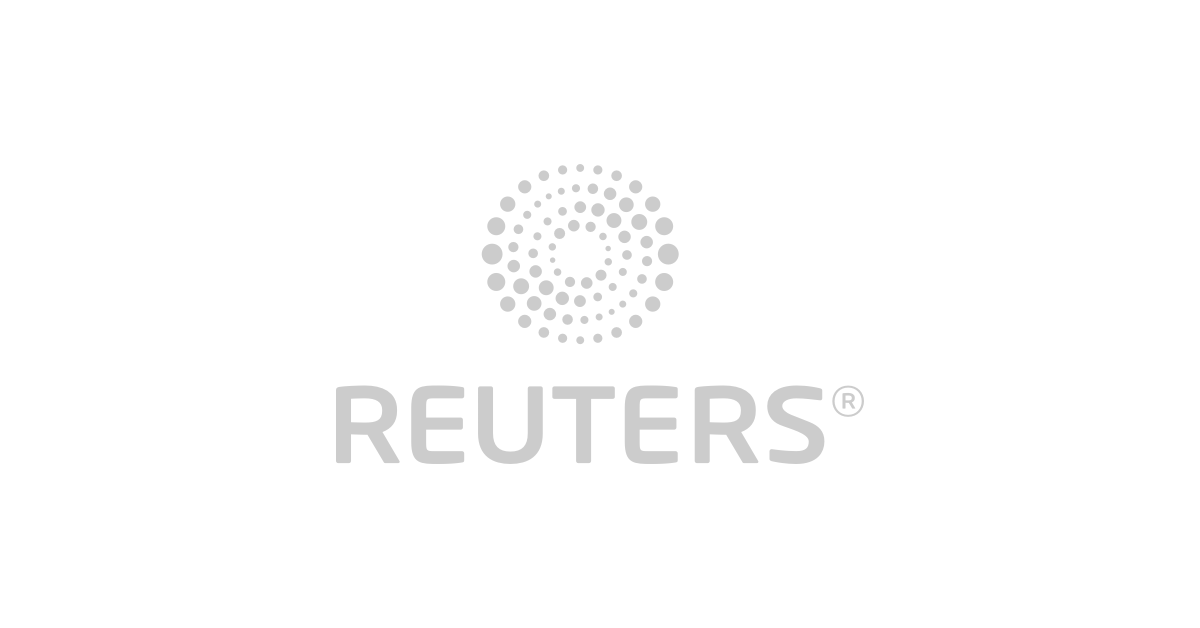Lebanon’s Hezbollah has expressed openness to a ceasefire proposal drafted by the US to end the devastating war with Israel, officials and diplomatic sources said late Sunday.
While there has been no explicit agreement on the draft Washington delivered to Beirut last week, the group has provided “positive indications” that it is prepared for a deal, according to sources involved in the talks.
Amos Hochstein, a senior US aide to President Joe Biden, is on standby, prepared to travel to Beirut based on Lebanon’s official response in the coming days.
Parliament Speaker Nabih Berri, a close ally of the Shia militant group, is negotiating on behalf of the Lebanese government as well as Hezbollah.
His team has said they are still studying the proposal and will relay Hezbollah’s official remarks on Monday. Based on this, Hochstein could fly to Beirut and potentially to Israel.
Israel’s stance is unclear, while Prime Minister Benjamin Netanyahu has reportedly expressed unwillingness to “gift” Biden a foreign policy success in negotiating a ceasefire. However, officials familiar with last week’s meeting between Biden and President-elect Donald Trump told Al Arabiya English that the latter conveyed his support for a deal to end the war as soon as possible.
Sources and officials said members of Trump’s transition team and Republican lawmakers on Capitol Hill are against a deal and have suggested that the Biden administration would present an agreement unfavorable to Israel. Republicans also expressed their opposition to a maritime border deal between Lebanon and Israel mediated by Hochstein in 2022 despite successive administrations, Republican and Democrat, working on a similar agreement.
Lebanon and Israel have been technically at war since 1948.
The World Bank has said the ongoing war has resulted in at least $8.5 billion of physical damage and economic losses in Lebanon. International agencies have repeatedly downgraded Israel’s credit ratings, and according to a CNN analysis, the wars in Gaza and Lebanon could cost the country $66 billion by next year. CNN reported that that was around 12 percent of Israel’s GDP last month.
Hezbollah began firing rockets at Israel in October 2023, a day after the Hamas attack on Israel killed some 1,200 people in Israel. Hezbollah linked the fate of its attacks to a ceasefire in Gaza after Israel began bombarding the enclave and has since reduced it to rubble.
Despite repeated US warnings that Israel could escalate if the Lebanon front did not stop, Hezbollah kept hitting Israeli targets. Ultimately, a full-out war broke out in September after a two-day Israeli attack on Hezbollah’s communications network and the assassination of the group’s leadership, including Hassan Nasrallah.
Israel has since invaded southern Lebanon, making it the fourth time it has done so since 1982.
Israeli strikes across Lebanon have significantly degraded Hezbollah’s capabilities and wiped out its top commanders and officials. However, according to US assessments, their ground forces along the border with Israel remain intact.
Officials and diplomatic sources have said the two main sticking points in the current US draft are language about the right of self-defense and an international monitoring force to ensure the implementation of UN Security Council Resolution 1701.
Lebanon considers the language about self-defense in the US proposal to be ambiguous, allowing Israel to continue its daily overflights into Lebanese airspace or attack targets it deems a security threat. The French foreign minister said last week that Israel was adamant about being allowed to strike any time it wanted. “That is not compatible with the sovereignty of a strong country,” Jean-Noel Barrot was quoted as saying.
The international force, separate from the UN peacekeeping force (UNIFIL), would include some Arab participation, Germany, the United Kingdom, France, and the US. Sources have said that this would not involve troops on the ground. But Hezbollah has rejected the involvement of Germany and the UK, according to Al-Akhbar, a newspaper affiliated with the group.
Resolution 1701 put an end to the July 2006 war between Hezbollah and Israel. It was never fully implemented by either side. No weapons were to be present other than those of the Lebanese Armed Forces south of the Litani River, and Israel was supposed to entirely withdraw from occupied Lebanese lands as stipulated by the United Nations.
Current US officials have also warned that efforts to end the war in Lebanon will not be open-ended. And it remains to be seen whether a ceasefire in Lebanon will be a priority for the incoming Trump administration, which will be faced with several foreign policy dilemmas handed over by the Biden administration.
Israel widened its attacks on the Lebanese capital of Beirut over the weekend, culminating with heavy strikes in densely populated neighborhoods. The head of Hezbollah’s communications department and other members of his team were also killed in an Israeli strike on Sunday. Israeli attacks killed two LAF soldiers and wounded more in what the Lebanese Army said was the direct targeting of their position in south Lebanon. Hezbollah, meanwhile, has introduced new weapons in recent days while also striking deeper inside Israel.
Hochstein, Biden’s envoy, told Axios last week that he was “hopeful” of reaching a ceasefire and that “there is a shot.”









